CNC Machining Romania: Manufacturers & Industry Guide
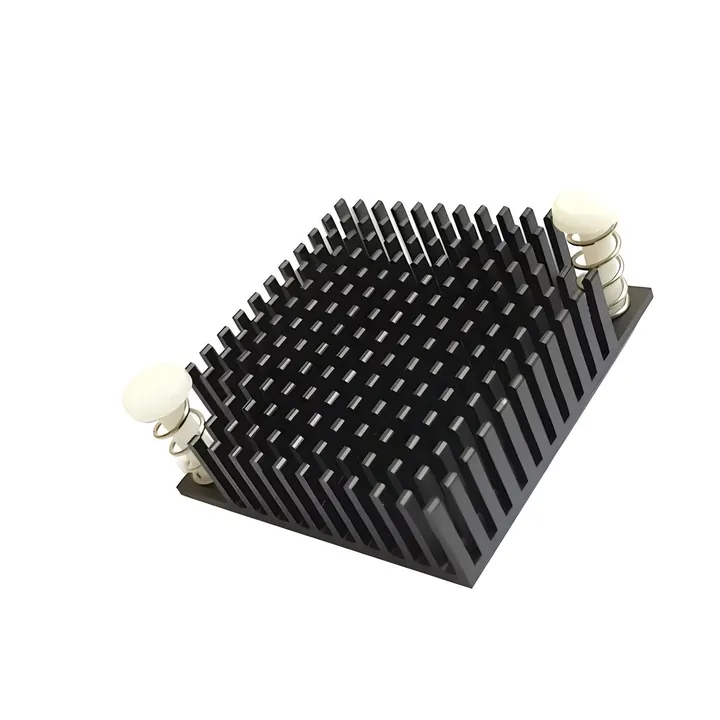
Part 1: Market Size and Growth
CNC machining in Romania has developed quickly in the last two decades. The country moved from basic subcontracting to advanced manufacturing. Today, Romanian workshops supply parts for automotive, aerospace, and energy projects.
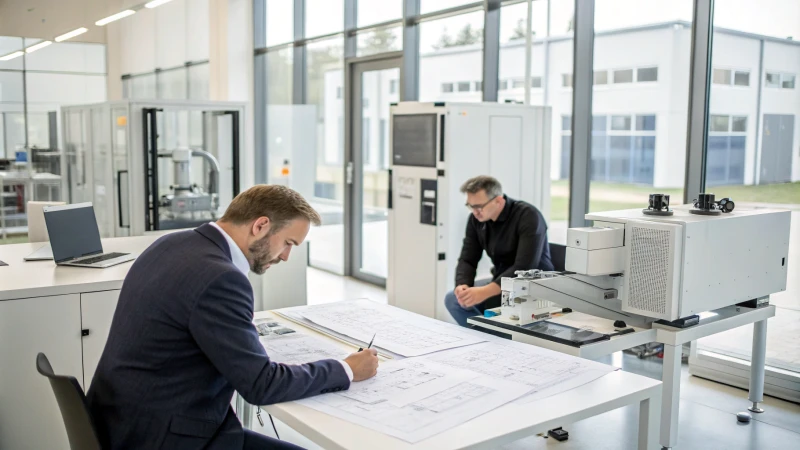
The market is supported by Romania’s strong automotive supply chain. Many German and French OEMs source parts from local CNC shops. This created steady demand for precision machining and multi-axis operations.
Government incentives and EU funding also support this sector. Industrial parks near Cluj, Sibiu, and Bucharest attract both local startups and foreign investors. Clusters and partnerships help Romanian companies upgrade faster.
Part 2: Leading Companies
Uzina Mecanică Orăștie
Contact Now
Uzina Mecanică Orăștie, established in 1978, is one of Romania’s oldest machining plants. It began with defense-related production but later expanded into civil industries. Today, it operates modern CNC centers with skilled staff.

The company provides CNC milling, turning, and assembly services. Its clients include automotive suppliers, industrial machinery makers, and aerospace subcontractors.
Technical strengths include heavy-duty machining and precision for large parts. Uzina holds ISO 9001 and defense-related certifications. Over time, it won recognition for its export projects in Europe.
Tehno World SRL
Contact Now
Founded in 1992 in Suceava, Tehno World SRL started as a small tool-making workshop. It grew into a modern CNC machining company serving multiple industries.
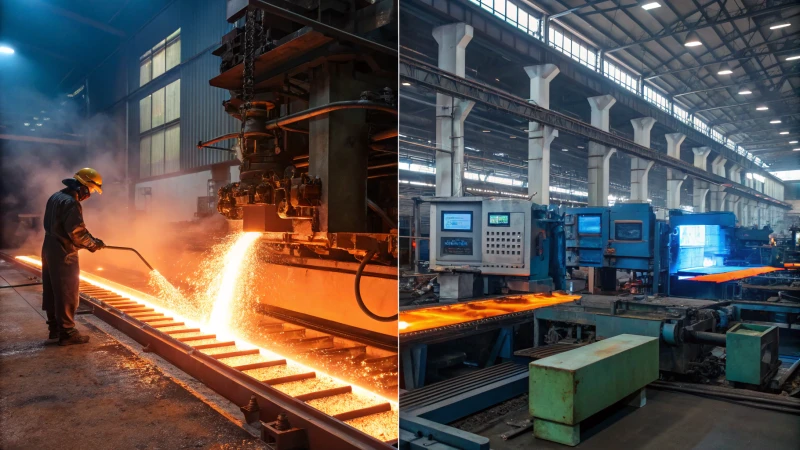
The company specializes in precision milling and turning. It manufactures molds, dies, and custom machine parts. Clients come from automotive, food processing, and medical equipment sectors.
Tehno World invests in CAD/CAM integration and CNC automation. It holds ISO 9001 certification and several local awards for industrial innovation. The company is known for quick delivery and flexible production.
Promex SA
Contact Now
Promex SA in Brăila traces its roots back to 1872. Once a shipyard and heavy machinery builder, it now runs extensive CNC machining operations. It focuses on both small series and large industrial parts.
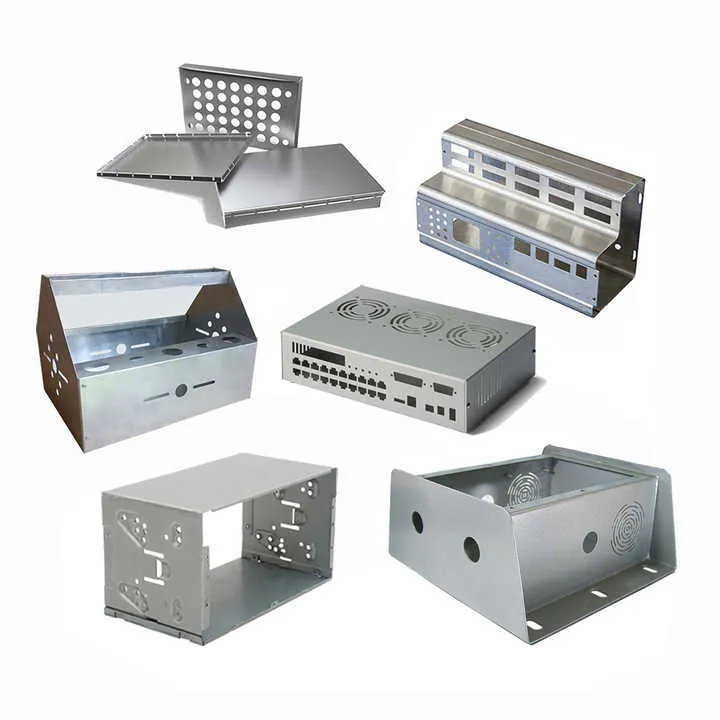
Its services include 5-axis machining, welding, and full system delivery. Promex supplies energy, agriculture, and construction industries. Customers rely on its ability to handle oversized components.
The company invests in robotics and hybrid manufacturing. Certifications include ISO 9001 and industry-specific approvals. Promex has earned recognition in Eastern Europe for its engineering capacity.
| Company | Founded | Core Products | Industries | Certifications |
|---|---|---|---|---|
| Uzina Mecanică Orăștie | 1978 | Heavy CNC machining, assembly | Automotive, aerospace, defense | ISO 9001, defense |
| Tehno World SRL | 1992 | Molds, dies, precision parts | Automotive, food, medical | ISO 9001 |
| Promex SA | 1872 | Large industrial CNC parts | Energy, agriculture, construction | ISO 9001 |
Part 3: Trade Shows and Industry Events
Metal Show & TIB Bucharest
Metal Show & TIB is Romania’s largest industrial trade fair. It is held annually in Bucharest and focuses on machinery, automation, and CNC machining.
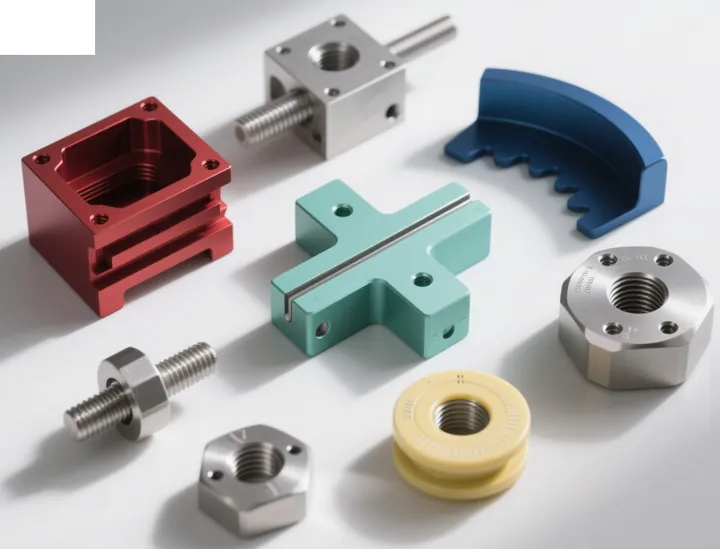
The event brings together hundreds of exhibitors from Europe. Highlights include live CNC cutting and milling demos, 3D printing zones, and robotics presentations. Many Romanian machining companies use this fair to meet new clients.
Demo Metal Brasov
Demo Metal takes place in Brașov and targets the machining and tooling sector. It has become an important platform for CNC shops, suppliers, and buyers.

The show offers machine demos, innovation contests, and networking. International brands and local companies exhibit side by side. It is known for a strong focus on practical solutions and training.
| Event | Date | Location | Highlights |
|---|---|---|---|
| Metal Show & TIB | Annual | Bucharest | CNC demos, robotics, 3D printing |
| Demo Metal Brasov | Annual | Brașov | Machining showcases, training, networking |
Part 4: Impact of Global Trade Policies
Romania’s CNC machining industry is tied closely to the EU market. Trade agreements with Germany, France, and Italy ensure strong demand. But sanctions and global disruptions affect raw material supply.

Local substitution is gaining ground. Some companies invest in recycling steel and using local foundries. This helps reduce risks from supply chain breaks.
Competition from Asian suppliers creates cost pressure. Yet, Romanian companies compete with flexibility, lower lead times, and integration with EU logistics. Green policies and digital upgrades open further opportunities.
Part 5: Conclusion
CNC machining in Romania is dynamic and expanding. The country combines long industrial traditions with modern technology. I believe Romanian firms will keep growing by serving both local industries and global OEMs.
Challenges remain with supply chain stability, energy prices, and global competition. Companies that adapt with automation and sustainable practices will stand out in the coming years.
Recommended Reading:
CNC Machining Nigeria
CNC Machining South Africa
CNC Machining Bangladesh
CNC Machining Philippines
CNC Machining Malaysia
CNC Machining Singapore
CNC Machining Hong Kong
CNC Machining Colombia
What is industrial aluminum profile?
Large Aluminum Extrusion Manufacturer
Aluminum Pipe Sleeve for Protection and Insulation
Customizable Minimalist Office Aluminum Partition Profiles



